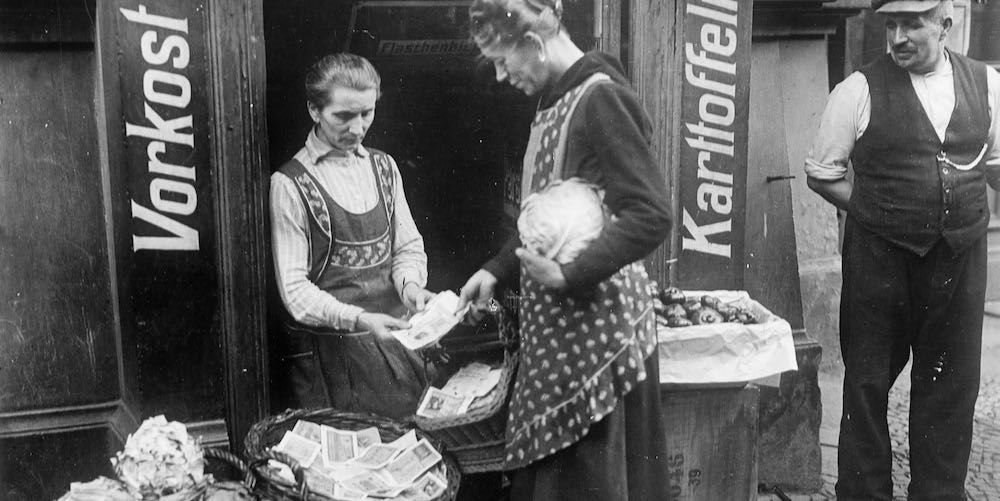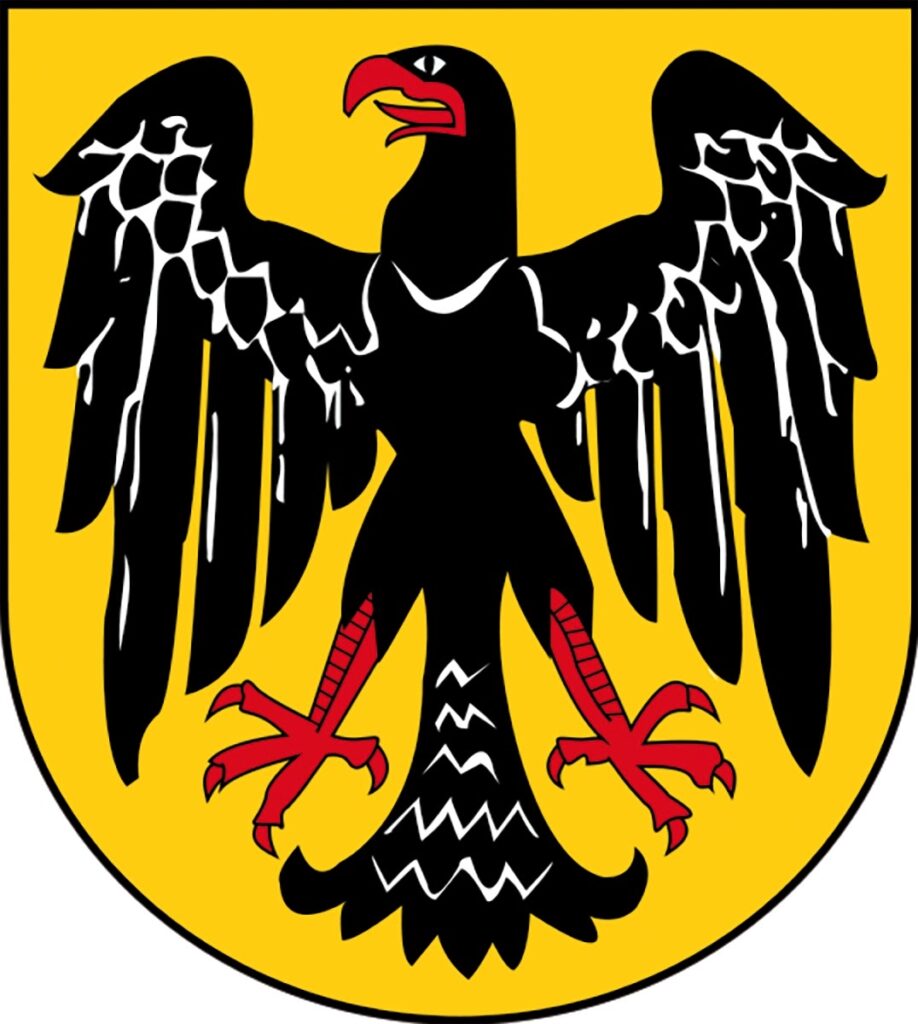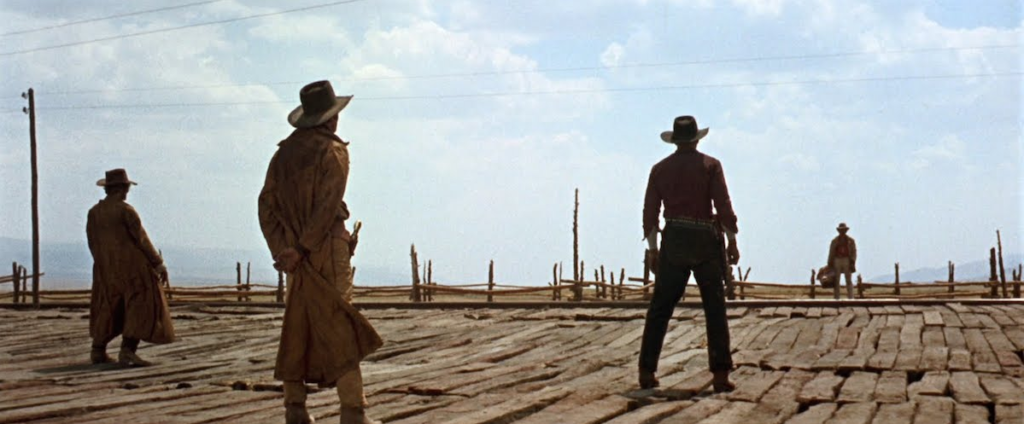The Weimar Years Chapter 1, 1918, Timeline of the Coup
Editor’s Note: This is part two of the series composed by our good friend Sulla.
Part II – Background, the Parties and People
Author’s Note: previous (and future) entries have been primarily based on McDonough’s book “The Weimar Years.” The next three entries include attempts at cross-checking and corroborating his account to help untangle the timeline better.
Background
In 1918, the official government structure of Imperial Germany was a Federation of 26 separate German States – most kingdoms, duchies, and principalities – officially joined under the rule of the King of Prussia, who was known as the Kaiser. Wilhelm II was the current and third Kaiser, and the capital was Berlin. There was a two-house legislative branch. The Bundesrat (Federal Council) represented the governments of the constituent states – much like the original US Senate – and was the upper house. Its members were appointed by the state governments. The lower house – the Reichstag – was elected by universal suffrage of males over the age of 25. Both houses had to approve of any legislation for it to become law. The Chancellor, appointed by the Kaiser, was the chief executive of the government, and was responsible for… well, implementing everything. Since the Chancellor was appointed by the Kaiser, effectively the Kaiser had immense authority, but still needed the cooperation of the Bundesrat and Reichstag.
The Imperial German Army (the Deutsches Heer) was composed of armies from all the constituent states, but the Prussian Junkers (Junkers were a militaristic rural class from some relatively difficult land in east Prussia) formed the primary officer corps. Officially the Kaiser was the commander of the Heer (except for the Bavarian army, which was “commanded” by the King of Bavaria, though in practice it did what the Prussians said). The Army commanded a great deal of respect and demanded a great deal of deference. It was considered a “State within a State” and run by the Prussian Junkers, who did their best to live up to the statement that “Prussia is not a country with an army, but an army with a country.”
The people and the factions:
The Political Parties
Note: Reichstag seats are based on the 1912 election, the last general election before the fall of the Kaiser.
Note II: The German language reflects the German people in being rather literal about naming things, and the names of their political parties are very reflective of that. “It’s what it says on the tin” is the English phrase I’d use for most of these parties.
Social Democrat Party (SPD): the largest party with 29% of the Reichstag seats in the 1912 election. Basically a labor party with 1 million party members and 2.5 million trade unionists who were affiliated with the party. Led by Friedrich Ebert. At the start of the war it was pacifist, but also anti-Russian (they saw the Czar as the biggest threat to socialism), as well as predominantly pro-German (they were nationalists as well as socialists, but not quite _that_ sort of national socialist). In 1917, the SPD expelled the anti-war elements from their party, and what remained was sometimes known as the Majority Social Democrat Party (MSPD) still led by Ebert. It had ~900k members.
Independent Social Democrat Part (USPD): The anti-war faction of the SPD immediately founded this party, with Hugo Haase as the leader. It had ~100k members.
Catholic Center Party (Zentrum): The second largest party with 24% of the Reichstag seats. Very much a swing party, able to accommodate Left and Right wing ideas and so made ideal coalition partners because they didn’t have many intractable political beliefs. They were Catholics first, political actors second. They could accommodate any policy that didn’t directly harm the Church.
National Liberal Party (NLP): 12% of the Reichstag, originally formed to support German Unification (the kind that happened in the 19th century, not the kind that happened in the late 20th after the fall of the Berlin Wall) and composed of two wings. One wing advocated for nationalism and the power of the State, while the other emphasized civil liberties. So, basically what it says on the tin, as I mentioned before. After the Revolution, they would split along these lines. In the meantime, they primarily represented the middle class. Anti-Catholic and anti-Socialist.
Progressive People’s Party (FVP): 11% of seats, a center-left party that represented academics and educated middle class, advocating for election reform, universal suffrage, free trade, a progressive tax, and various elements of a welfare state.
German Democratic Party (DDP): Formed in 1918 from the FVP and the liberal wing of the NLP.
German Conservative Party (DKP): 11% of seats. Represented the Nobility and Junkers aristocrats. Later merged with other right-wing parties and nationalist elements of NLP to form the German National Peoples Party (DNVP)
Polish Party: 5% of seats, represented the Polish people living in the Reich.
German Reich Party (FKP): 4% of seats, represented wealthy industrialists
Economic Union: 2%, conservative middle class, agrarian, considered antisemitic.
Alsace-Lorraine Party: 2%, wanted autonomy for the Alsace-Lorraine region claimed from France in the Franco-Prussian war.
Other Organizations
The Revolutionary Shop Stewards: a group of shop stewards unaffiliated with any actual trade unions. Basically they were communist agitators embedded in German industry, especially in the munitions industry. Richard Muller and Emil Barth were their leaders, and they aligned with the USPD.
The Spartacus League: a group of ~1k Marxist radicals led by Karl Liebknecht and Rosa Luxemburg. They had been anti-war from the very beginning (even when the Czar still ruled Russia). They were opposed to the SPD who they saw as counter-revolutionaries.
People of note:
Friedrich Ebert: Leader of the SPD, and later the MSPD. The primary leader of the post-Kaiser German government. Elected as the first President of the Weimar Republic. Was a moderate socialist, hated Marxists, wanted a gradual liberalization of the German Empire, not a revolution, but when one happened anyway, decided to do the best he could.
Phillipp Scheidemann: Member of the SPD, friend, advisor and loyal deputy of Friedrich Ebert. Another moderate liberal. Good public speaker.
Karl Liebknecht: Leader (with Rosa Luxemburg) of the Spartacus League. A dedicated Marxist, Liebknecht began 1918 in prison for organizing anti-war demonstrations in 1916.
Rosa Luxemburg: Leader (with Karl Liebknecht) of the Spartacus League. Also a dedicated Marxist, but argued against armed rebellion until Marxists had more support. Deeply critical of Lenin’s idea of a “Vanguard of the Proletariat” which she (correctly as it turned out) believed would just create another bureaucratic elite. Luxemburg also began 1918 in prison on the same charges as Liebknecht.
Hugo Haase: Leader of the USPD, after the split with the SPD. Jewish. Committed pacifist.
Richard Muller: co-leader of the Revolutionary Shop Stewards
Emil Barth: co-leader of the Revolutionary Shop Stewards.
Prince Maximillian of Baden (Prince Max): Appointed German Chancellor on Oct 3, 1918 for the purposes of implementing Woodrow Wilson’s demand that Germany become a parliamentary democracy as a condition of a truce. Assumed to have been a closet homosexual.
Field Marshal Paul von Hindenburg: war hero from the Eastern Front, appointed Chief of the German General Staff, with his deputy Ludendorff (see below) appointed Quartermaster General.
General Erich Ludendorff: Quartermaster General of the German Army until Oct 26, 1918. Considered by many (most assuredly including himself) to be the brains behind Hindenburg.
General Wilhelm Groener: succeeded Erich Ludendorff as Quartermaster General of the German Army on Oct 29, 1918. From a lower-middle class background, was well-respected for his judgment and organizational abilities. Remained loyal to the Kaiser, but saw him as an impediment to saving the Empire.
General Ferdinand Foch: French asshole. Supreme Allied Commander on the Western Front.
Woodrow Wilson: Modern world’s first fascist dictator, styling himself “The 28th President of the United States”. A member of the Democrat party, he ran for re-election in 1916 on a promise of keeping the US out of WWI, then promptly insisted on war after winning his re-election. Wilson assumed dictatorial powers after the declaration of war, but more relevant to Germany was his “14 Points” speech that promised a fair and just peace for Germany. Wilson then went on to do diddly squat to ensure any such thing after Germany agreed to talks based on Wilson’s guarantee, allowing Foch and the Brits to rape Germany with no interference from Wilson.
Admiral Reinhard Scheer: Commander of the German High Seas Fleet during the Battle of Jutland. Promoted to Chief of Naval staff in August 1918.
Admiral Franz von Hipper: Replaced Scheer as Commander of the German High Seas Fleet on Aug 12.










If nothing else, the 20th Century showed that letting Marxists and their fellow travelers in your country will always end in blood, innocents murdered, and anything Good, True, and Beautiful will be desecrated.
There is nothing but evil that comes from Marxism.
Too bad we never learn.